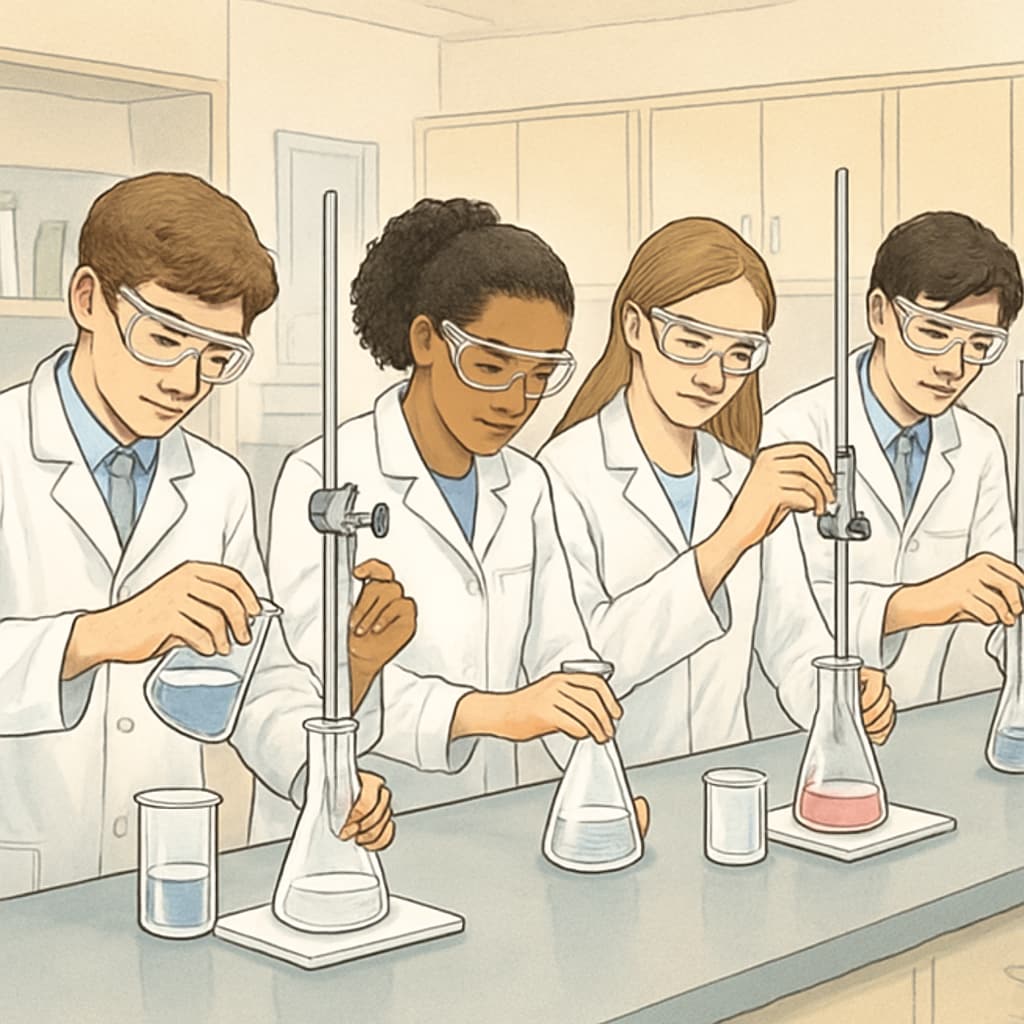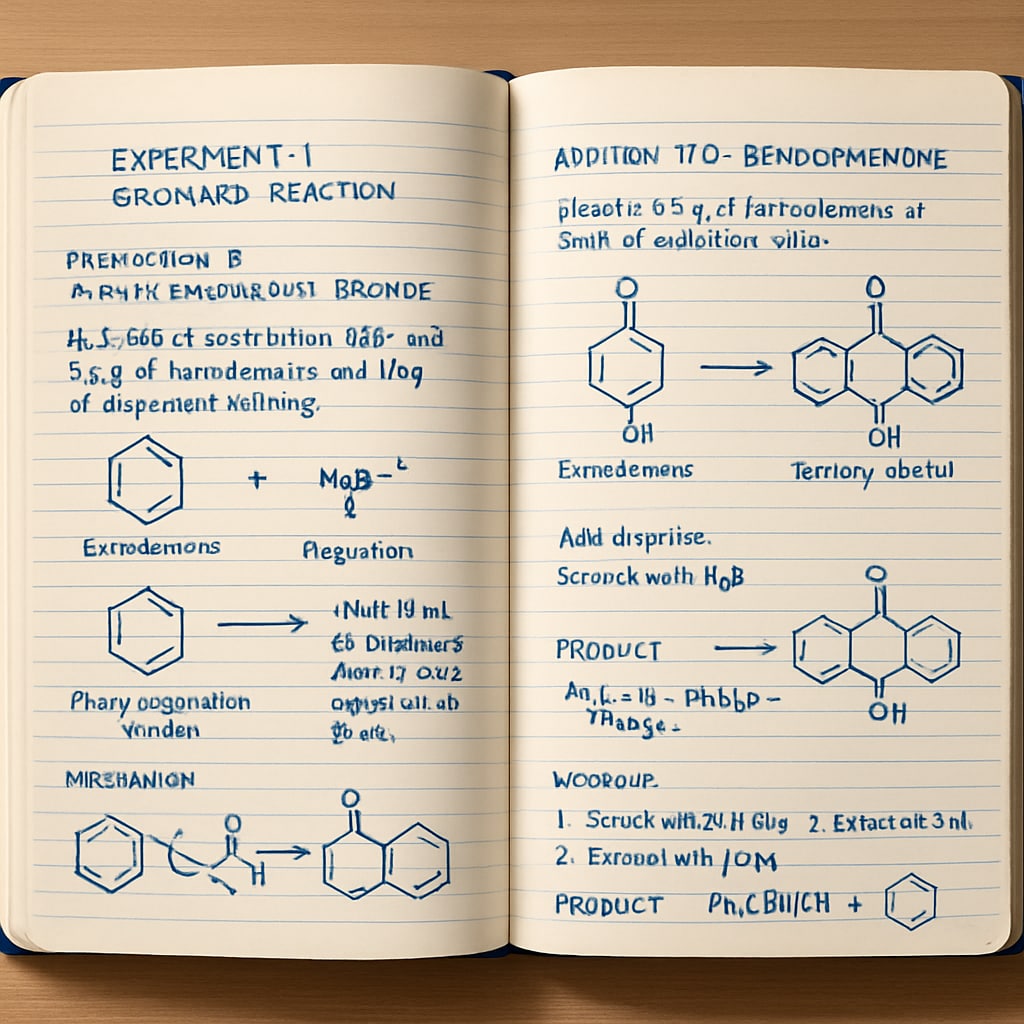Chemistry research, high school projects, and topic selection difficulties often overwhelm students beginning their scientific exploration. However, with systematic guidance, you can transform this challenge into an exciting opportunity. This article provides actionable strategies to identify research questions that balance academic merit with practical feasibility.

Identifying Your Chemistry Research Interests
Start by examining what excites you most in chemistry. Consider these approaches:
- Curriculum connections: Expand on concepts from your coursework (e.g., reaction kinetics or electrochemistry)
- Real-world applications: Explore environmental chemistry or materials science topics with societal impact
- Cross-disciplinary angles: Combine chemistry with biology (biochemistry) or physics (physical chemistry)
The American Chemical Society provides excellent resources for budding researchers.
Evaluating Project Feasibility
Assess practical constraints using this framework:
- Time: Can you complete the project within 2-4 months?
- Resources: Does your school lab have necessary equipment?
- Safety: Are all procedures appropriate for your skill level?
For example, investigating green chemistry principles often yields feasible projects with environmental relevance.

Developing Original Research Questions
Transform broad ideas into testable hypotheses:
- Instead of “study water quality,” examine “pH’s effect on lead solubility in local water sources”
- Rather than “analyze food chemistry,” investigate “vitamin C degradation in different storage conditions”
Remember: The best projects answer specific, measurable questions while contributing new understanding.
Pro tip: Consult your chemistry teacher early—they can help refine your ideas and identify potential pitfalls. Most importantly, choose a topic that sustains your curiosity through inevitable challenges.


